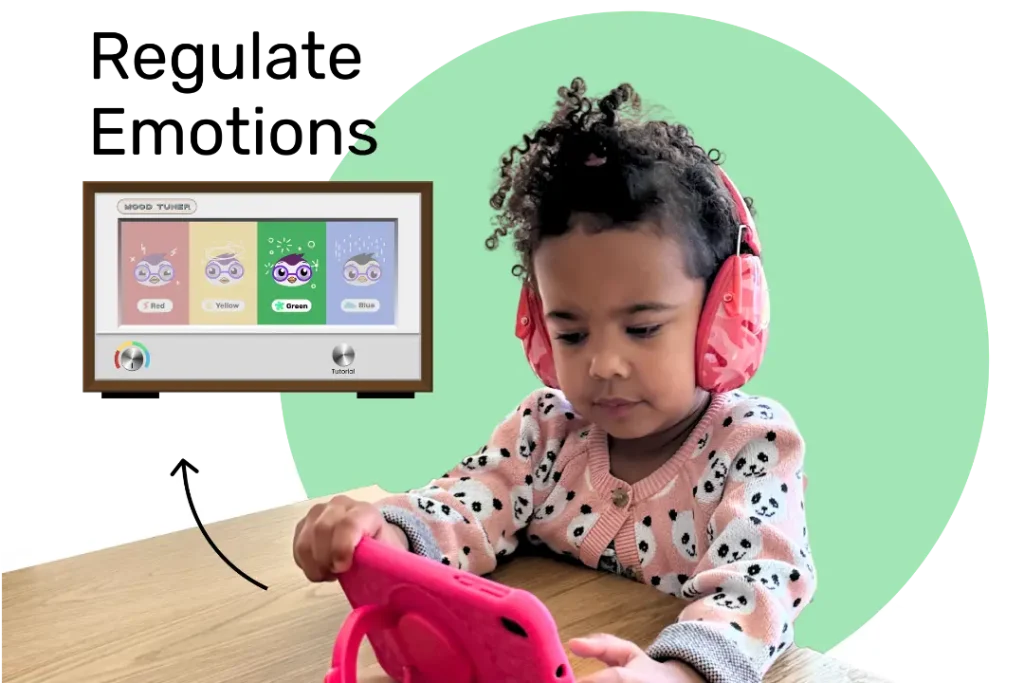Every parent dreams of raising happy, confident kids, especially when navigating the unique challenges of raising neurodivergent children or kids with thinking and learning differences. The great news is that happiness comes through certain habits. In this blog post, we’ll explore the “7 Habits of happy kids,” providing tangible examples and actionable tips to support your child’s happiness journey. So, let’s get started on this exciting path!
Table of Contents
1. Encourage a Growth Mindset
A growth mindset is the belief that abilities will come through dedication and hard work. Fostering this mindset in your child can empower them to embrace challenges and persist in the face of setbacks.
To nurture a growth mindset:
- Praise effort, not just results
- Emphasize the importance of learning from mistakes
- Encourage curiosity and exploration
| Fixed Mindset | Growth Mindset |
|---|---|
| Intelligence is static | Intelligence can be developed |
| Avoids challenges | Embraces challenges |
| Gives up easily | Persists in the face of setbacks |
Remember, a growth mindset helps kids see the potential for improvement and growth in every situation.
SPONSORED BY: Goally
Goally’s Kid’s Tablet has one of the largest libraries of skill-building videos (like “How to Share” and “What To Do When You’re Lost”) in the Goal Mine app.👇
2. Nurture Emotional Intelligence
Emotional intelligence (EQ) is being able to recognize, understand, and manage emotions. Developing EQ is essential for building strong relationships and navigating social situations.
To help your child build emotional intelligence:
- Validate their feelings and empathize with their emotions
- Teach them to identify and express emotions appropriately
- Model healthy emotional regulation and communication
In addition to these tips, consider discussing emotions openly as a family. This can create a safe space for your child to express their feelings and learn from others’ experiences.
Read More: 7 Mindfulness Activities for Kids
3. Foster Resilience
Resilience is being able to come back from adversity. Resilient kids are better equipped to handle life’s ups and downs, contributing to their overall happiness.
To help your child build resilience:
- Allow them to experience age-appropriate challenges
- Encourage problem-solving and decision-making skills
- Offer support and guidance, but avoid overprotecting them

Furthermore, teaching your child to reframe negative thoughts and focus on the positives can help them develop a resilient mindset.
4. Cultivate Gratitude
Gratitude is the being able to acknowledge and appreciate the positive aspects of life. Research has shown that gratitude is linked to increased happiness, improved mental health, and stronger relationships.
To instill gratitude in your child:
- Model gratitude by expressing thanks regularly
- Encourage them to keep a gratitude journal
- Make time for family discussions about things you’re grateful for
By incorporating gratitude into your daily routine, you’re helping your child develop a positive outlook on life.
5. Promote Physical Activity
Regular physical activity is essential for a child’s physical and mental well-being. Exercise releases endorphins, which contribute to feelings of happiness and well-being.
To keep your child active:
- Encourage participation in sports or other physical activities they enjoy
- Make exercise a family affair by going for walks, bike rides, or playing games together
- Limit screen time and promote outdoor play
Creating a fun and engaging environment for physical activity can help your child develop a lifelong love for exercise.
6. Establish Routines and Boundaries
Routines and boundaries create a safety net, helping kids relax and be genuinely happy. So, for those 7 habits of happy kids, remember structure is the key. It makes their world secure and happy.
To create effective routines:
- Establish consistent daily routines for meals, homework, and bedtime
- Set clear expectations and consequences for behavior
- Be flexible and adjust routines as needed
Read More: Bedtime Routine

"Goally has changed our lives. I no longer nag our son nonstop to complete basic tasks like getting ready for bed or cleaning his room!" — Goally Mom Learn more →
Please remember consistency is key when it comes to routines and boundaries. By maintaining a stable environment, you’re helping your child feel more secure and confident.
7. Encourage Social Connections
Strong social connections are vital for a child’s happiness. Social connections offer a sense of belonging and support, contributing to a child’s overall happiness.
To help your child build friendships:
- Provide opportunities for playdates and social activities
- Teach them social skills, such as sharing, listening, and empathy
- Encourage participation in clubs or organizations that align with their interests
Supporting your child’s social development will help them form lasting friendships and enjoy a happier life.
Goally | Kid’s Tablet for Building Emotional Regulation Skills
Is your child struggling with understanding and managing their emotions? Goally teaches emotional regulation skills in a fun and interactive way!

The Mood Tuner app encourages kids to look inwards and identify their feelings, helping them understand what’s going on inside. Once they’ve recognized their emotions, they can choose from a variety of exercises designed to help them self-regulate and find their balance.
Empower Your Child with Goally
Implementing the “7 Habits of happy kids” can be a game-changer for your child’s well-being. Goally, a learning tablet designed for neurodivergent kids, can be a valuable tool in supporting these habits. With engaging apps and features tailored to your child’s unique needs, Goally helps empower them to thrive and find happiness in their daily lives. By embracing the “7 Habits of happy kids,” you’re setting your child on a path toward a fulfilling and joyful life. Please Remember, happiness is a journey, not a destination. So, be sure to take it one step at a time and watch your child flourish.
This post was originally published on 05/11/2023. It was updated on 10/20/2023.

Goally
We help parents teach their kids life skills, like doing bedtime and morning independently. Backed by science, we incorporate evidence-based practices and expert-informed designs in all of our apps and content.







